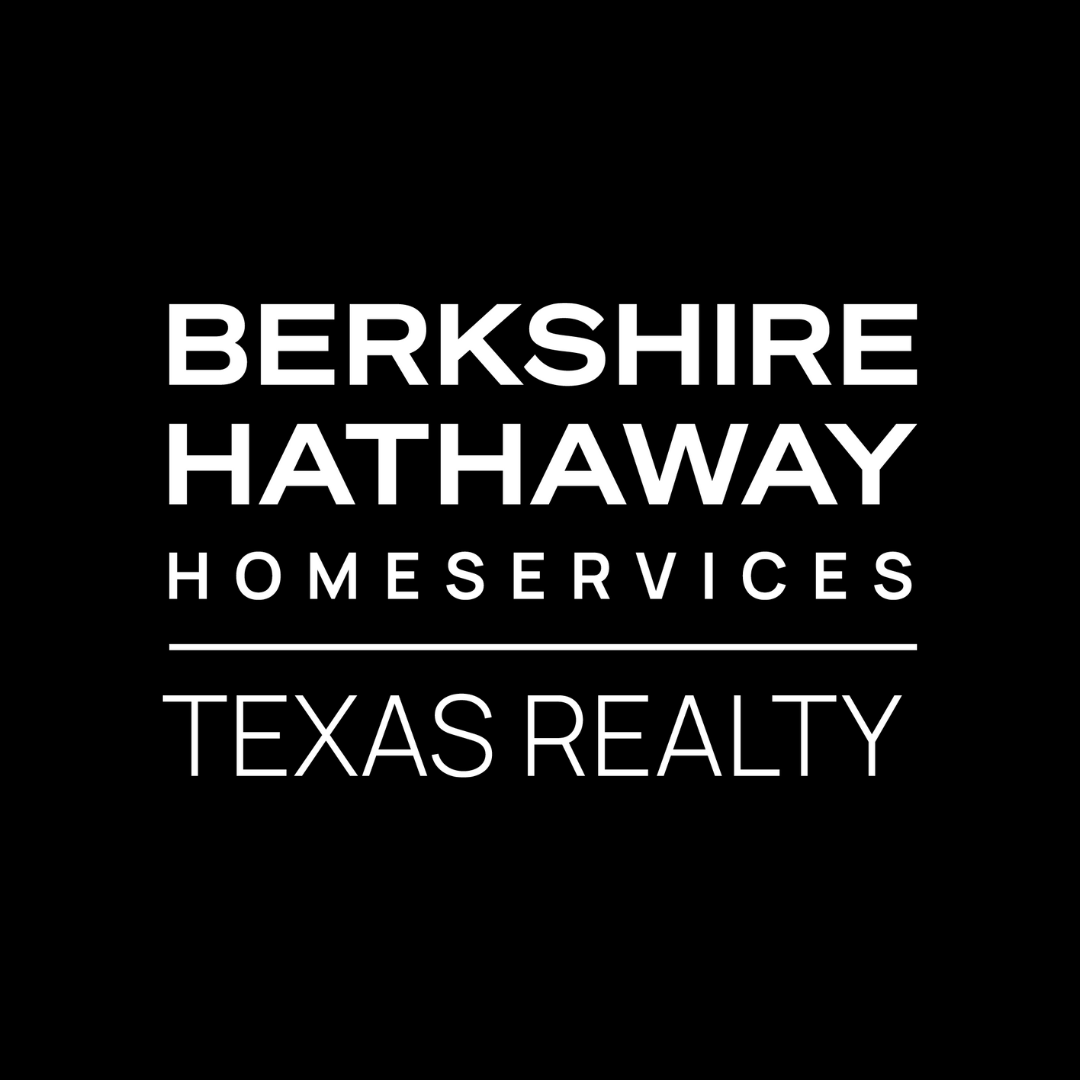Selling Your Home? Here’s What You Need to Know About Closing Costs
Understanding Closing Costs When Selling Your Home
Selling a home is exciting, but it comes with expenses that can catch you off guard. Imagine this: you’re at the closing table, expecting to walk away with a solid profit, only to see thousands of dollars deducted from your proceeds. That’s the reality of closing costs, and if you don’t prepare for them, they can take a big bite out of your earnings.
In this post, we’ll break down the costs sellers typically pay, why they exist, and how to keep more of your money when selling your home.
What Are Closing Costs?
Closing costs are the final expenses you pay to complete the sale of your home. They cover everything from real estate commissions to title transfers and legal fees. Typically, sellers pay 6% to 10% of the home’s sale price in closing costs.
Understanding these costs ahead of time can help you budget properly and avoid last-minute surprises.
The Most Common Closing Costs for Home Sellers
1. Real Estate Agent Commissions
Agent compensation remains a major cost for many sellers, but industry rules have changed. As of recent updates and legal settlements, compensation structures are no longer standardized and must be fully transparent and negotiable.
Are sellers still expected to pay the buyer’s agent?
Not necessarily. While sellers may still offer compensation to a buyer’s agent as an incentive, they are not required to do so. The decision is entirely up to the seller and must be clearly stated in the listing agreement.
How much does it cost?
Traditionally, total commissions were around 5–6% of the sale price, split between the listing and buyer’s agents. Today, these rates vary and are subject to direct negotiation between sellers, agents, and in some cases, buyers themselves.
A skilled listing agent brings expertise in pricing, marketing, negotiating, and managing your transaction. Many sellers find that the right agent more than earns their fee by helping secure a higher sale price and smoother closing.
Why work with an agent?
A skilled listing agent brings expertise in pricing, marketing, negotiating, and managing your transaction. Many sellers find that the right agent more than earns their fee by helping secure a higher sale price and smoother closing.
2. Transfer Taxes and Recording Fees
Transfer taxes are state and local fees for legally transferring ownership of your home.
How much do transfer taxes cost?
They vary but can range from 0.5% to 2% of the sale price.
Who pays these taxes?
In many states, the seller covers the cost, but buyers may take on part or all of it depending on the agreement.
3. Title Insurance (Owner’s Policy)
Title insurance protects buyers from ownership disputes or legal claims on the property. While buyers typically purchase their own policy, many sellers pay for an owner’s title policy as part of the deal.
Is title insurance mandatory?
No, but it’s often expected in a home sale.
Cost: Usually 0.5% to 1% of the home’s sale price.
4. Escrow and Closing Fees
Escrow services handle funds and documents to keep the transaction secure. These fees also cover the final paperwork involved in transferring ownership.
What do escrow companies do?
Hold funds in a secure account.
Make sure all terms of the contract are met before money changes hands.
How much do these fees cost?
Between $500 and $2,000, depending on your location and provider.
5. Prorated Property Taxes
Because property taxes are paid annually, you’ll need to pay your share up until the closing date.
How is it calculated?
The total property tax bill is split based on the number of days you owned the home that year.
Example: If property taxes are $6,000 per year and you sell halfway through the year, you owe $3,000 in prorated taxes.
6. Homeowners Association (HOA) Fees
If your home is in an HOA, expect extra fees at closing.
Unpaid dues: Any outstanding HOA fees must be paid before closing.
Transfer fees: Some HOAs charge $200 to $1,000 just to process the ownership change.
These fees vary widely depending on the HOA’s rules.
7. Attorney Fees (If Required)
In some states, you must hire a real estate attorney to review and finalize the sale.
Cost: Typically $500 to $1,500.
What do they do?
Review contracts and closing documents.
Make sure everything is legally sound.
Even if not required, an attorney can help protect your interests in complex transactions.
How to Reduce Your Closing Costs
Closing costs can take a sizable chunk out of your home sale profits, but the good news is that there are ways to cut back on these expenses. Whether through negotiation, strategic choices, or finding cost-effective service providers, you have options to keep more money in your pocket. Here are some practical ways to lower your closing costs as a seller.
1. Negotiate Agent Commissions
Many agents are willing to negotiate their fees, especially in competitive markets.
Consider discount brokers who charge lower commissions while still handling essential tasks.
2. Ask the Buyer to Cover Some Costs
In some deals, buyers agree to cover certain closing costs instead of negotiating a lower sale price.
This works best in a seller’s market, where buyers compete for homes.
3. Shop Around for Service Providers
Get multiple quotes for title insurance, escrow services, and attorneys.
Some companies offer discounts for bundled services.
Preparing for Closing
As you approach the finish line of your home sale, there are still a few final steps to take before closing day. Proper preparation can help avoid last-minute surprises and ensure everything goes smoothly. Here’s what you need to do before handing over the keys.
1. Review the Closing Disclosure Early
You’ll get a Closing Disclosure a few days before closing that lists all costs.
Review it carefully to catch any unexpected charges.
2. Finalize Repairs and Paperwork
Complete any agreed-upon repairs before closing.
Make sure liens, HOA fees, and taxes are paid to avoid delays.
Final Thoughts
Understanding your closing costs—and your options—empowers you to make smarter decisions. With today’s regulatory changes, you have more flexibility and control than ever. Talk to a trusted real estate professional to build a strategy that works for your goals and market.
Let's sell your home for your price.
What price would make you sell your home today? Tell me, and let's make it happen.


.png)

.png?w=128&h=128)